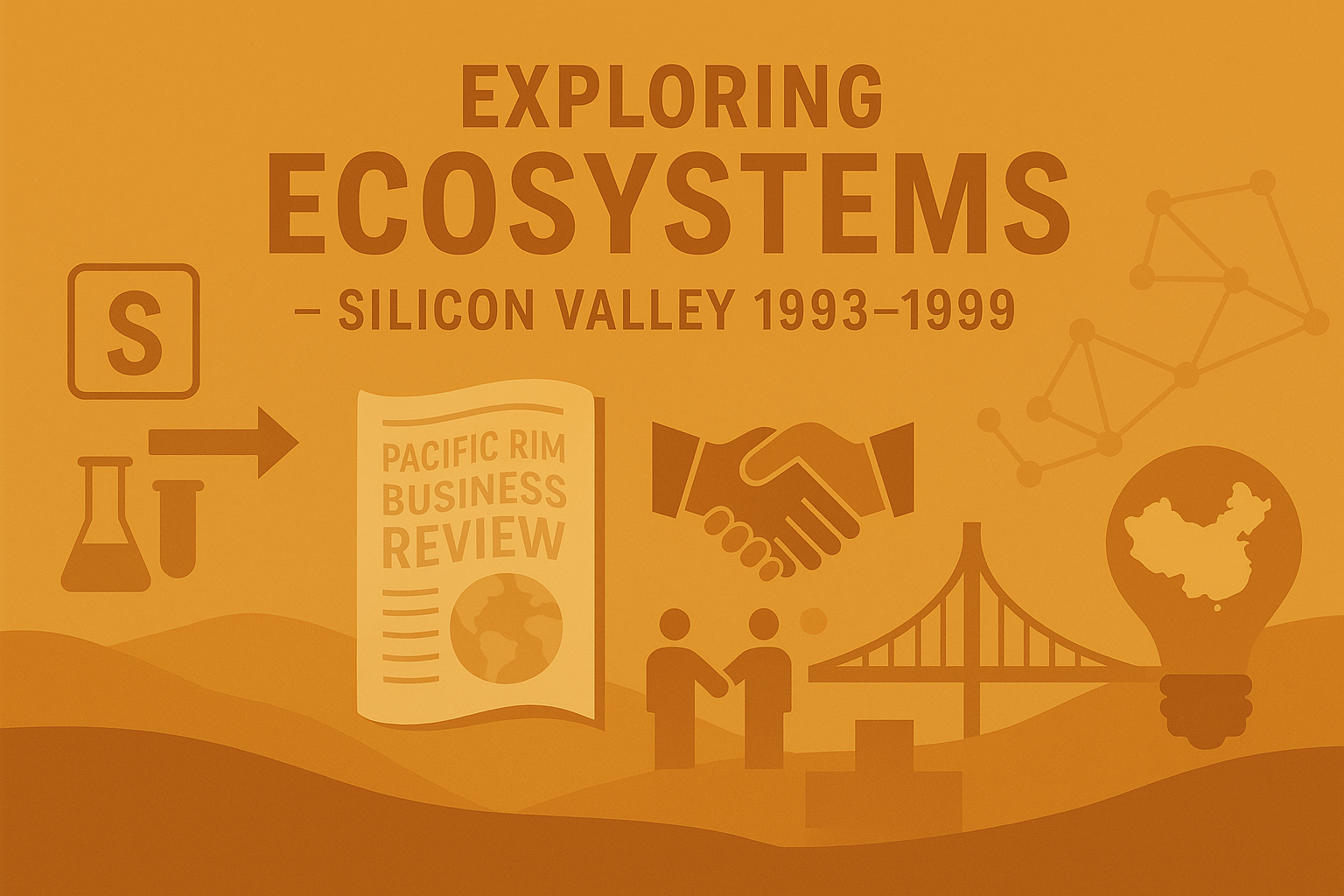Dr. Alex Liu
(Young C. Liu)
📍 Extending from Stanford into
Silicon Valley Practice
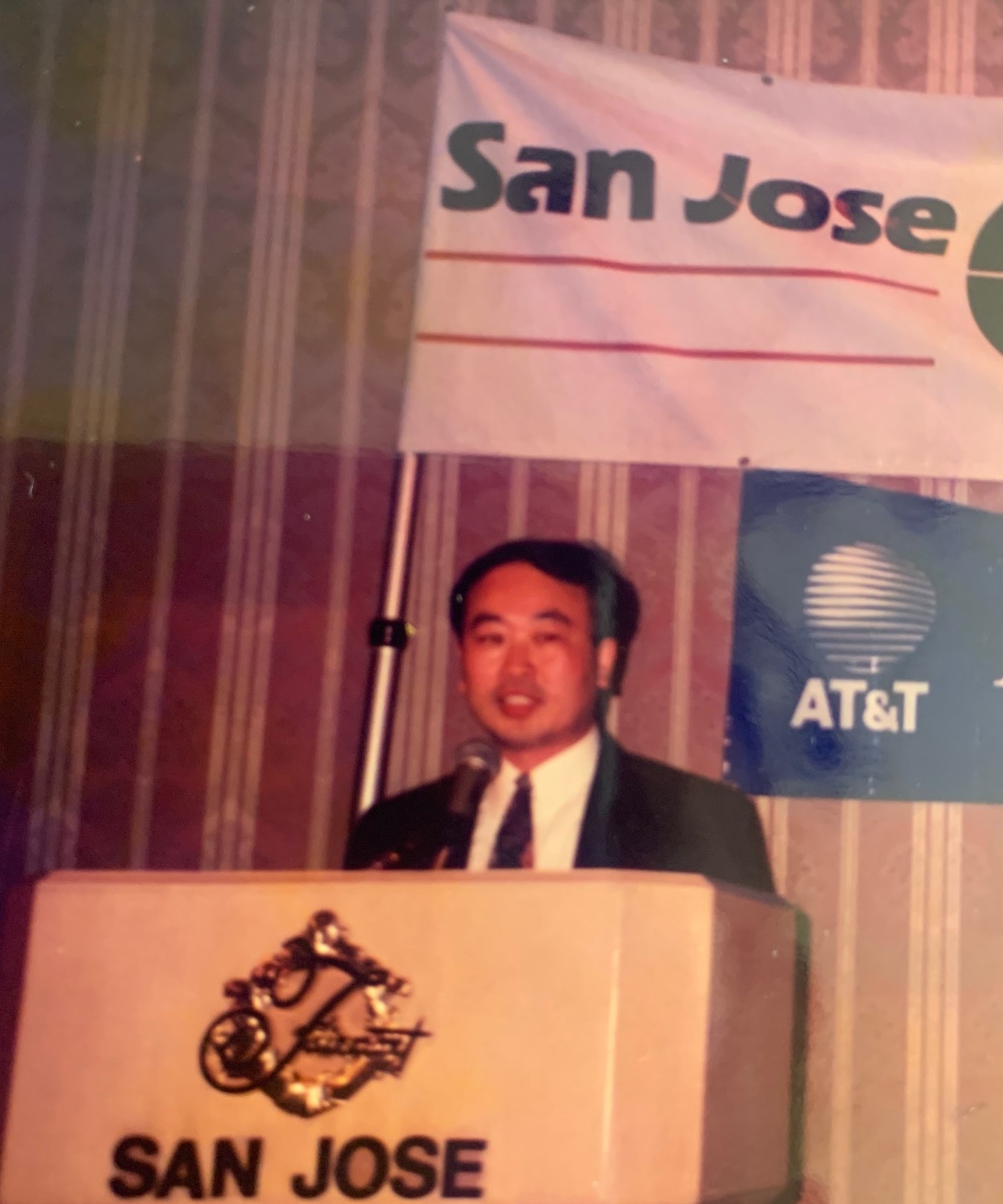
🧰 From SPSS to S / S-PLUS: Upgrading
Tools and Processes
Earlier at Peking
University in China and during my time in
Stanford Sociology, I primarily used SPSS
for data storage, analysis, and modeling.
While studying in Stanford’s Statistics
Department, I adopted S, the sister system
to what would later become R, and quickly
came to prefer it.After leaving
academia to focus on applied projects, I
chose to build with S and collaborated with
Insightful in Seattle, which was
commercializing it as S-PLUS. During my
Silicon Valley years, I continued to develop
around S and S-PLUS—work that later fed into
what I call the 4E framework for analytic
process management, and inadvertently laid
some groundwork for subsequent work in the R
ecosystem.
🧪 Reflecting on the Limits of Social
Science Methods
Frustrated by the limits of prediction and the often surface-level interpretation common in sociology, I joined discussions on the roots of methodological shortcomings—ranging from sampling error, model incompleteness, and estimation bias to researcher intervention. I wrote reviews of Making It Count as well as works on reflexivity.
At the time, we
could clearly identify problems but had no
workable solutions, and my perspective
diverged from many social scientists I knew.
As a result, I shifted more of my energy
toward practical applications.
🌏 China Connections and the Origin
of CATE DEVELOPMENT
In the years after leaving Stanford (from1993 onward), I often considered returning to China. Many of my Silicon Valley projects therefore involved partnerships with Chinese institutions. In 1993–1994, I discussed returning to work at Peking University’s Sociology Department with my former advisor, Professor Yuan Fang, and others. An overseas foundation at Peking University had just begun operations and frequently collaborated with me in Silicon Valley.
 Meanwhile,
I worked to resolve passport and visa issues
that would allow me to return to China. Even
during my APARC health-systems project, I
hosted several delegations from China’s
State Science and Technology Commission,
co-planning multiple U.S.–China research and
training programs. From this effort emerged
CATE DEVELOPMENT—a name coined to reflect
China–American–Technology–Enterprise
collaboration toward shared development. I
also met with leaders from China’s State
Council Leading Group Office of Poverty
Alleviation, aligning with my long-standing
focus on technology-driven development and
poverty reduction through innovation.
Meanwhile,
I worked to resolve passport and visa issues
that would allow me to return to China. Even
during my APARC health-systems project, I
hosted several delegations from China’s
State Science and Technology Commission,
co-planning multiple U.S.–China research and
training programs. From this effort emerged
CATE DEVELOPMENT—a name coined to reflect
China–American–Technology–Enterprise
collaboration toward shared development. I
also met with leaders from China’s State
Council Leading Group Office of Poverty
Alleviation, aligning with my long-standing
focus on technology-driven development and
poverty reduction through innovation.
🧭 A Wide Range of Projects: From
Cross-Border Business to Innovation and
Knowledge
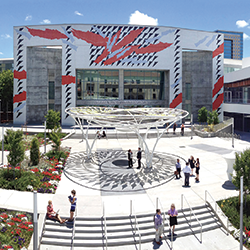 Because
I worked closely with friends and partners
in China, many projects began simply as
efforts to help—which made my scope broad at
first, spanning multiple domains. That
breadth, however, gave me a systems-level
view of different communities and their full
ecosystems.
Because
I worked closely with friends and partners
in China, many projects began simply as
efforts to help—which made my scope broad at
first, spanning multiple domains. That
breadth, however, gave me a systems-level
view of different communities and their full
ecosystems.

📰 PACIFIC RIM BUSINESS REVIEW and
Influential Conferences
To
support this transition and unify resources
across CATE and other Silicon Valley
partners, in 1996 we launched the magazine
PACIFIC RIM BUSINESS REVIEW. Through the
magazine, we expanded into Pan-Asian
collaborations and organized several
influential events:
- A Stanford
Asian Entrepreneurship Conference on
campus, with pioneering speakers such as
David Lam, serving Asian American
professionals.
-
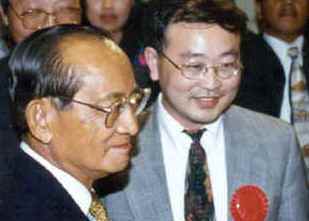 A San Francisco International Trade Expo featuring Philippine President Fidel V. Ramos as keynote speaker.
A San Francisco International Trade Expo featuring Philippine President Fidel V. Ramos as keynote speaker. - The 1997 Silicon Valley Asian Network Tech Entrepreneurship Conference, with prominent Asian tech founders, including those behind Yahoo and Sina.
- Support for the
U.S. Table Tennis Association to host a
25th-anniversary event marking a
milestone in U.S.–China relations.
🏛️ Building Community and City
Partnerships: From San Jose to Okayama

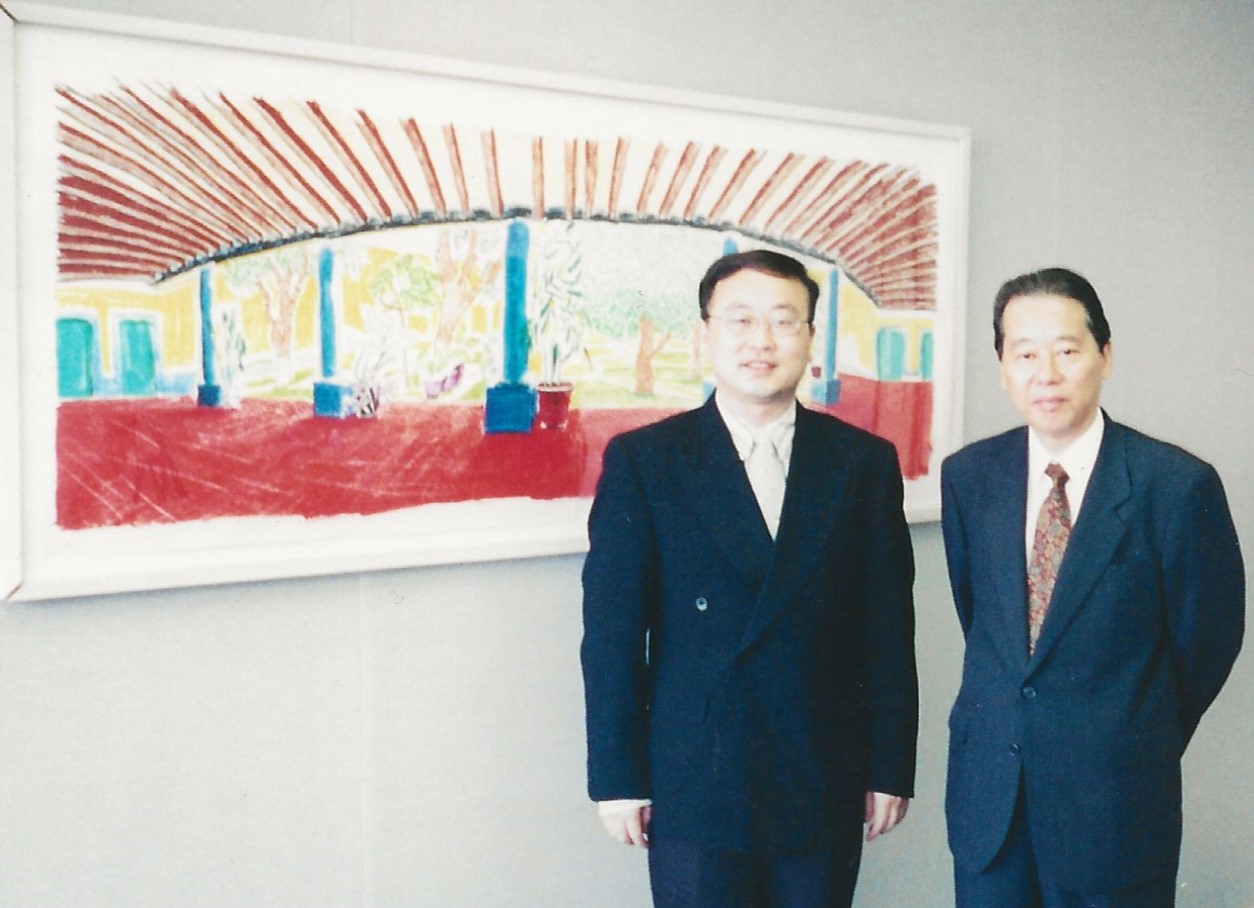
🚀 Startup Incubation Ecosystem
Approach
and
the Concept of 4CAPITAL
During these years, I also explored faith communities—attending Catholic and Christian gatherings—and met Taoist and qigong practitioners to reflect on life and purpose.
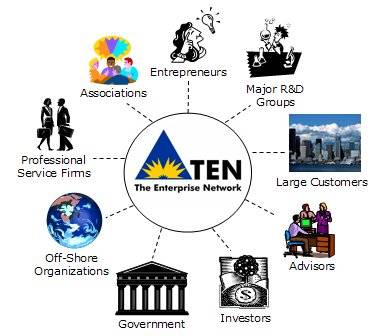 Professionally,
I was invited to join the board of TEN (The
Enterprise Network) in San Jose—NASA-funded
and known for incubating eBay. I actively
engaged with several startups in knowledge
management and training systems. The dot-com
bubble undercut commercial outcomes, but the
experience was formative.Working closely with
TEN’s president,
Mr.
Musgrave, we articulated a
startup incubation support environment and
process: ensuring environmental completeness
and process optimization as keys to success.
We emphasized building a robust innovation
ecosystem and treating four inputs as
equally essential: financial capital,
intellectual property, social networks, and
spiritual support. This early exploration of
the 4CAPITAL concept—combined with our
experience shaping communities through
conferences, magazines, and
associations—anchored a holistic approach
and prepared the way for my later work with
StartX at Stanford.
Professionally,
I was invited to join the board of TEN (The
Enterprise Network) in San Jose—NASA-funded
and known for incubating eBay. I actively
engaged with several startups in knowledge
management and training systems. The dot-com
bubble undercut commercial outcomes, but the
experience was formative.Working closely with
TEN’s president,
Mr.
Musgrave, we articulated a
startup incubation support environment and
process: ensuring environmental completeness
and process optimization as keys to success.
We emphasized building a robust innovation
ecosystem and treating four inputs as
equally essential: financial capital,
intellectual property, social networks, and
spiritual support. This early exploration of
the 4CAPITAL concept—combined with our
experience shaping communities through
conferences, magazines, and
associations—anchored a holistic approach
and prepared the way for my later work with
StartX at Stanford.
🎓 Training, Knowledge Management,
and International Collaboration
I studied specialized training methodologies and, through incubation-linked programs, collaborated with UCSC, California State University (San Jose & SLO), and other experts to run programs in organizational management, knowledge management, and data analysis. I also hosted and trained several Chinese IT companies, including notable individuals such as Zhang Xiaolong (creator of WeChat).
This period deepened
my understanding of international business
and entrepreneurship, sharpened my sense of
capital operations and organizational
growth, and clarified how technological
innovation can be harnessed for positive
societal impact.
🔄 Refocusing on Data, Analytics, and
Human Values
By the end of 1999, seeking a clearer focus for a sustainable long-term career, I chose to recenter my work on what I love most: quantitative social data analysis, research methods, and the study of religious civilizations. I shifted my efforts to process-management innovation, integrating SPSS/S+ with knowledge-management systems as tools. To make a fresh start in a new professional environment, I left Silicon Valley for Los Angeles and began using the English name Alex Liu.
This marked a tested
and deliberate transition: after years of
wide-ranging projects—from business ventures
and cross-border collaborations to
innovation ecosystems—I returned to the core
of data and analytics. At the same time, my
interest in religion and human values began
to shape how I thought about data science
itself. These reflections ultimately led me
toward developing human-values–guided data
science and AI—a direction that has remained
central to my work ever since.
NEXT - Exploring Faith and Developing Spiritual Capital
in Los Angeles (2000–2009)
